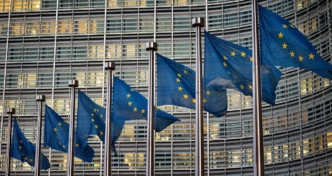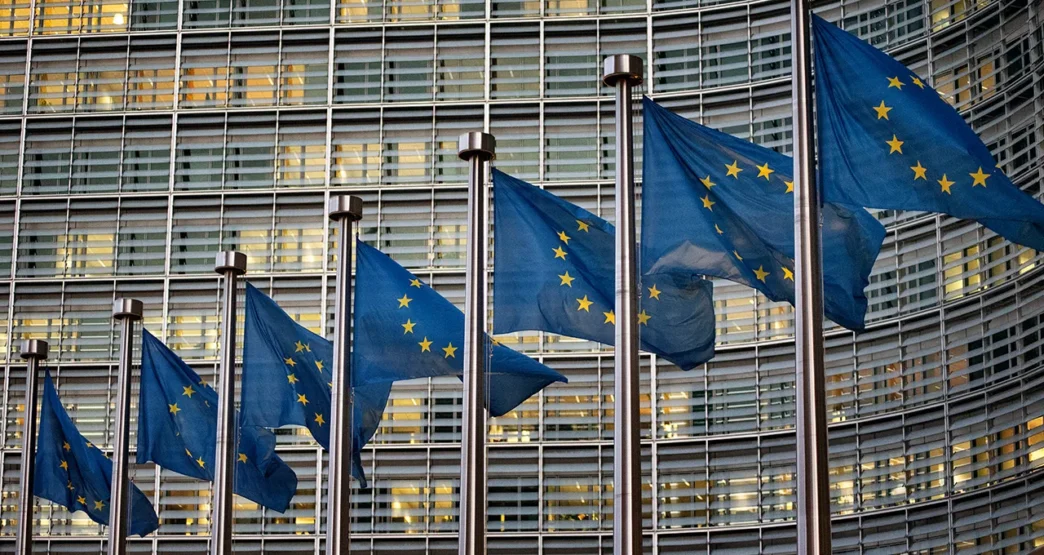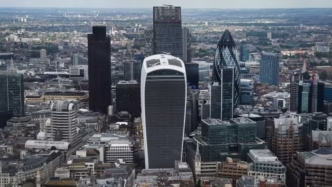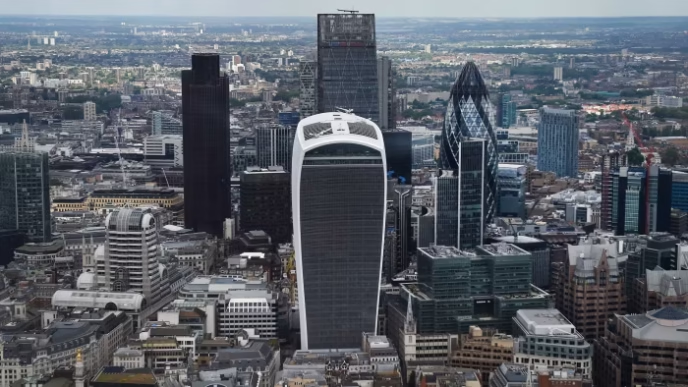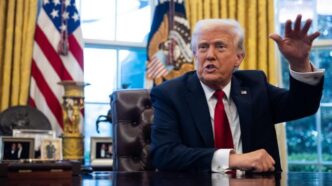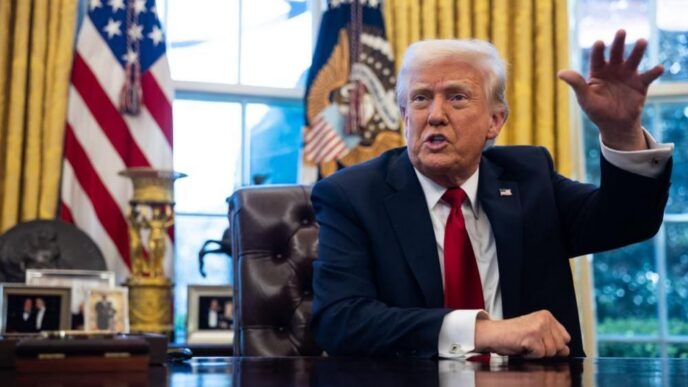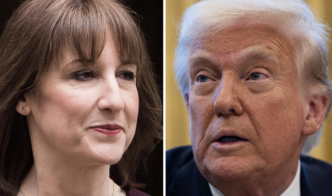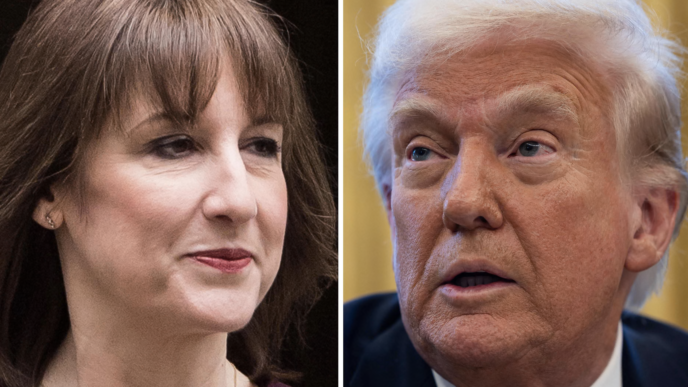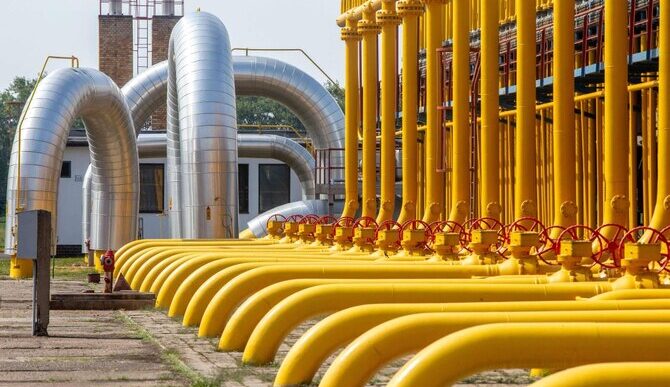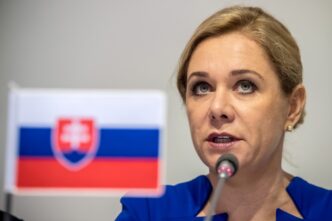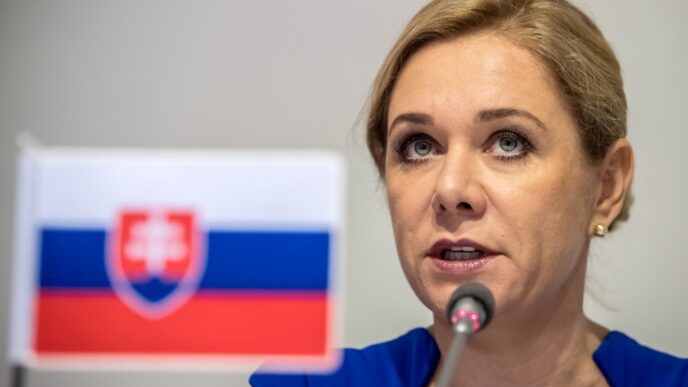As Europe navigates the complexities of securing Ukraine, discussions have moved away from deploying troops and towards alternative defense measures. Political challenges, logistical barriers, and opposition from both Russia and the United States have made direct intervention less viable, according to officials.
France, in collaboration with Britain, has been spearheading efforts to establish a robust security framework for Ukraine. On Thursday, Paris will host a summit attended by delegations from around 30 nations, aiming to refine strategic options within a self-proclaimed “coalition of the willing.”
Initially, London and Paris explored the possibility of sending thousands of troops to Ukraine to enforce a potential ceasefire. However, diplomatic sources indicate a growing recognition that such a plan is unlikely to materialize. “They are recalibrating their approach, opting for more feasible alternatives,” one European diplomat noted. Another added, “The idea of boots on the ground seemed appealing when Ukraine was in a stronger position, but given the current military landscape and the stance of the U.S., it’s far less attractive.”
Strengthening Ukraine Without Direct Military Presence
Ukraine has consistently emphasized the necessity of firm security guarantees from the West to deter future Russian aggression. French President Emmanuel Macron and British Prime Minister Keir Starmer had previously suggested the possibility of contributing troops, but efforts to secure substantial U.S. backing have so far been unsuccessful.
Russia has outright rejected the idea of NATO troops operating in Ukraine. Meanwhile, former U.S. President Donald Trump initially welcomed the Anglo-French proposals but later distanced himself. Trump envoy Steve Witkoff recently dismissed the plans as “more political posturing than practical policy.”
Security Through Military Aid and Monitoring Mechanisms
The upcoming Paris summit will focus on strengthening Ukraine’s military capabilities, ensuring deterrence, and discussing mechanisms for monitoring ceasefires, particularly around critical infrastructure such as maritime routes and energy networks. A senior European official described the security options as a “buffet of measures,” stressing that any long-term arrangement hinges on the credibility of a ceasefire—something he remained skeptical about.
European defense leaders acknowledge that while a large-scale troop deployment is off the table, some nations may still send personnel for training and logistical support. A concept document reviewed by Reuters suggests a future European-led reassurance force in Ukraine, contingent on a peace settlement and U.S. endorsement.
Britain’s Prime Minister Starmer underscored the importance of securing Ukraine’s borders, airspace, and waters, stating, “We must be prepared to act swiftly if a deal is reached.” Some European nations remain hesitant to commit military forces without clear U.S. assurances or an international mandate, citing concerns over costs, manpower shortages, and the risk of direct conflict with Russia.
The Role of NATO and the UN in Future Security Frameworks
Even without deploying ground forces, Europe could support Ukraine indirectly by reinforcing military presence in nearby NATO-member states like Romania. Italian Prime Minister Giorgia Meloni has proposed extending NATO-like security commitments to Ukraine, offering a defense guarantee without formal membership. U.S. officials have indicated a willingness to discuss such a framework.
A UN peacekeeping mission in Ukraine remains a distant possibility, contingent on diplomatic negotiations and Security Council approval. Jean-Pierre Lacroix, the UN Under-Secretary-General for Peace Operations, acknowledged that discussions on a potential monitoring mission have been increasing but remain “highly speculative.”
While the immediate prospect of European troops in Ukraine is fading, European policymakers insist that ongoing discussions are vital in shaping long-term security arrangements. A European military official remarked, “This is not just about troop numbers; it’s about building a lasting security structure that will protect Ukraine for years to come.”

